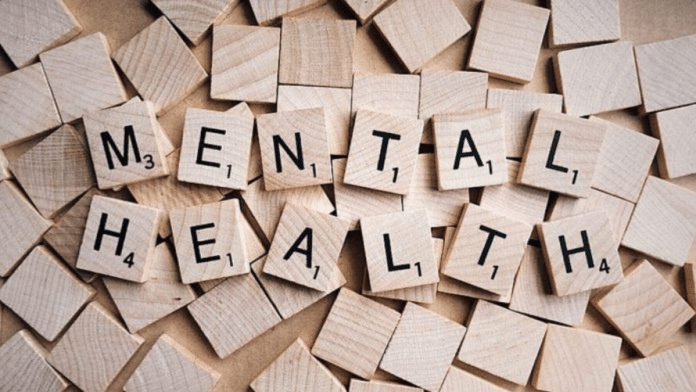New Delhi: Mental health problems and obesity are two burgeoning health issues in India, and how they are tackled would be “decisive” for the health and disease profile of India in the future, the Economic Survey 2023-24 has said.
Finance Minister Nirmala Sitharaman tabled the economic survey in the Parliament on Monday, a day before the Union Budget.
Highlighting that India’s health parameters are critical to reaping the gains of its demographic dividend, the survey suggested a “transition” towards a balanced and diverse diet, citing the National Family Health Survey (NFHS-5) 2019-2021 data to showcase the growing obesity challenge.
Similarly, the survey recognised mental health as a “principal factor” in individual and national development, citing the National Mental Health Survey (NMHS) 2015-16 findings to highlight the enormity of the problem.
According to the NFHS data cited by the survey, the prevalence of obesity among women rose from 20.6 percent in 2015-16 to 24 percent in 2019-21 while, among men, it increased from 18.9% to 22.9% in the same period. The incidence of type II diabetes has surged as well, from less than 2% in the 1970s to over 20% in the past 50 years.
Public awareness campaigns are now promoting healthy eating habits, supported by dietary guidelines from the National Institute of Nutrition and the Indian Council of Medical Research, the survey noted. It also said that public health is a state subject and state and local-level governance are pivotal for the national big-ticket programmes to reach the last mile through the “path of least resistance”. “Both the government and the public need to prioritise healthy eating and mental health,” it said.
Referring to the latest dietary guidelines by the Indian Council for Medical Research (ICMR), published in April 2024, the report mentioned 56.4 percent of the total disease burden in India is due to unhealthy diets. The survey also cited a World Obesity Federation report, which revealed India has one of the steepest annual rises in obesity among children across the world, trailing behind only Vietnam and Namibia.
According to the NMHS findings cited by the survey, 10.6% of adults in India experience mental disorders, with the treatment gap ranging from 70% to 92% for various conditions. The survey also noted that the NMHS has found that mental health issues are more prevalent in urban metros (13.5%) compared to rural areas (6.9%) and urban non-metros (4.3%).
Additionally, citing data from the National Council of Educational Research and Training’s (NCERT’s) survey on the mental health and well-being of school students, the economic survey emphasised the rising mental health challenges among adolescents, worsened by the COVID-19 pandemic. According to the NCERT survey, 11% of students reported feeling anxious, 14% experienced extreme emotions, and 43% dealt with mood swings.
The economic survey also pointed out that mental health issues significantly impact individual well-being and hinder personal potential, leading to a “lack of productivity”, “increased healthcare costs”, and “absenteeism”. These disorders affect economic growth, while poverty exacerbates mental health risks through stress and financial instability, the survey noted.
It also recognised urbanisation and migration as disrupting social support systems and increasing mental stress. There is a need for effective implementation strategies to enhance mental healthcare and address gaps in current programmes to maximise impact, the survey noted.
Some of its key policy recommendations included increasing the number of psychiatrists to meet the World Health Organization standards, developing comprehensive guidelines for excellence centres to improve mental health services, strengthening programme effectiveness through user feedback, and enhancing de-stigmatisation by fostering peer support networks and community-based rehabilitation.
Partnering with non-government organisations to scale efforts and involving individuals with personal mental health experiences in decision-making have also been suggested. Promoting early mental health identification — at pre-school levels — and integrating mental health curricula in schools are the other recommendations. The survey also suggested addressing stigma through a bottom-up, community-focused approach to create broader acceptance and support.
(Edited by Madhurita Goswami)






